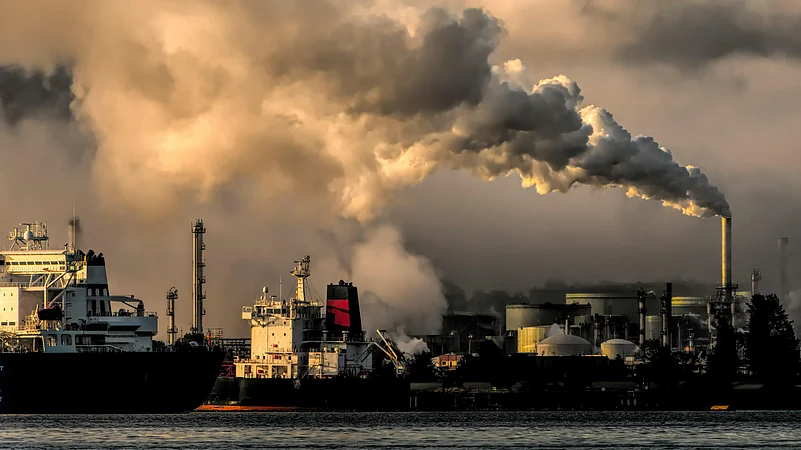A recent report by the non-profit think tank InfluenceMap revealed that the lion's share of carbon dioxide emissions contributing to global warming since 2016 can be attributed to a select group of 57 fossil fuel and cement producers. According to the Carbon Majors report, these entities, which include nation-states, state-owned firms, and investor-owned companies, were responsible for a staggering 80% of the world's CO2 emissions from fossil fuels and cement production between 2016 and 2022.
The report identified the top three CO2-emitting companies during this period as state-owned oil firm Saudi Aramco, Russia's state-owned energy giant Gazprom, and state-owned producer Coal India. Despite the revelations, Saudi Aramco declined to comment, while Coal India and Gazprom did not immediately respond to requests for comment.
The report highlighted that many of these companies had expanded their fossil fuel production since 2015, the year when countries worldwide signed the U.N. Paris Agreement aimed at combatting climate change. Despite efforts by governments and companies to set tougher emissions targets and promote renewable energy, the continued production and consumption of fossil fuels have led to a rise in emissions.
Global energy-related CO2 emissions reached a record high last year, as reported by the International Energy Agency. InfluenceMap emphasized that its findings underscore the significant role played by a relatively small group of emitters in driving ongoing CO2 emissions, aiming to increase transparency regarding the entities responsible for climate change.
According to InfluenceMap Program Manager Daan Van Acker, the report's insights can be utilized in various contexts, including legal proceedings holding producers accountable for climate damages, academic research on quantifying contributions to emissions, advocacy campaigns, and investor decision-making.
The Carbon Majors database, which combines self-reported company data with information from sources like the U.S. Energy Information Administration and national mining associations, was first launched in 2013 by the Climate Accountability Institute. Carroll Muffett, CEO of the Center for International Environmental Law, emphasized the database's potential to enhance investors' and litigators' ability to monitor companies' actions over time, citing its recent use in legal cases.



























